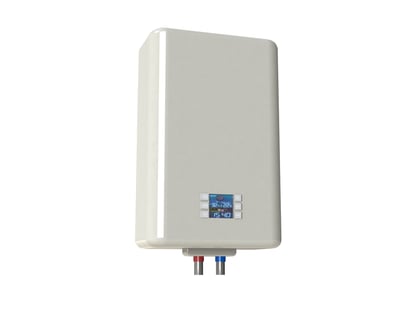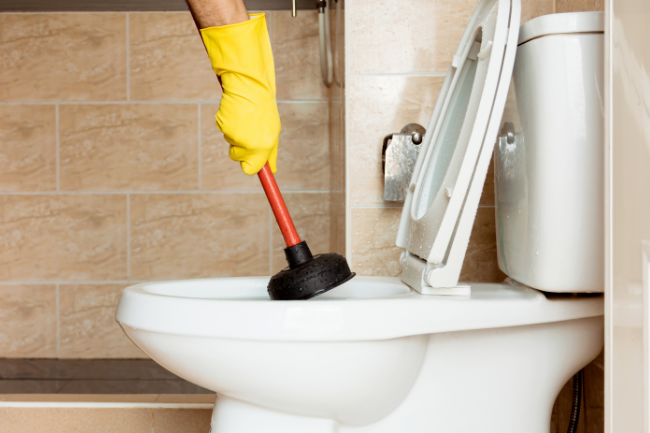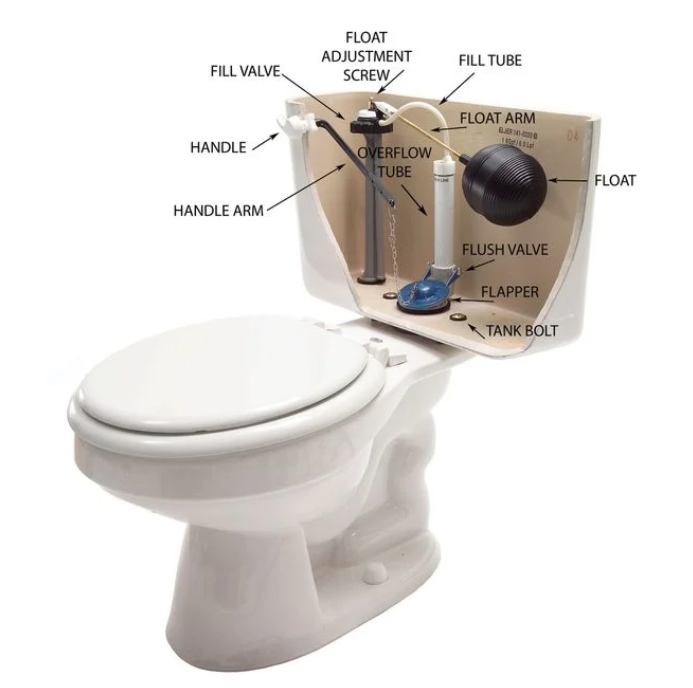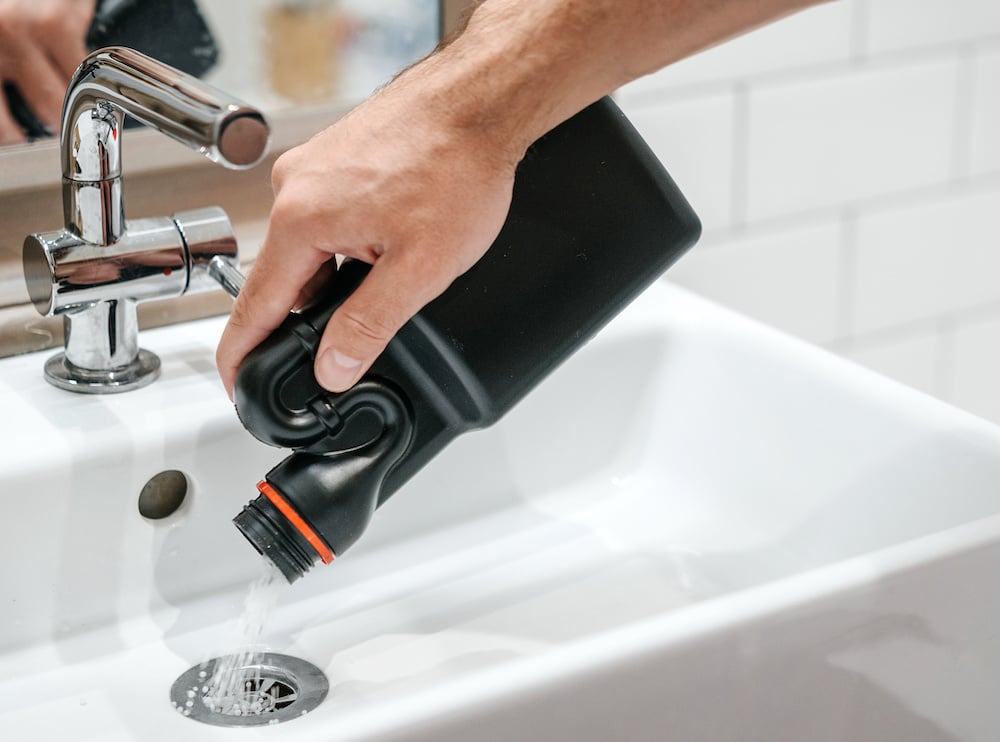How Do Tankless Hot Water Heaters Work?
Posted by William Heinselman on
 What exactly is a tankless hot water heater, and how does it work to lower energy consumption as opposed to conventional water heaters? Heating water instantaneously during consumption, tankless water heaters do away with the standby heat loss, expensive piping and frequent maintenance of traditional heaters.
What exactly is a tankless hot water heater, and how does it work to lower energy consumption as opposed to conventional water heaters? Heating water instantaneously during consumption, tankless water heaters do away with the standby heat loss, expensive piping and frequent maintenance of traditional heaters.
Tankless water heater units heat water as it’s used, instead of continuously heating a water storage tank, which spells significant savings in home energy costs. Additionally, these units will typically last an additional five to ten years beyond what a traditional water heater would. What’s been the water heater standard in Japan and Europe is quickly becoming the preferred technology here in the states.
In this blog post, we break down what makes tankless hot water heaters tick, as well as what you can gain from installing these modern systems in your home.
The Mechanics: How Tankless Heaters Operate
As opposed keeping a storage tank heated and wasting standby heat energy (as is the case with traditional water heaters), tankless heaters heat water only as it is needed; it’s for this ability that many conversationally refer to tankless heaters as on-demand water heaters.
Tankless heaters use electrically activated coils to heat water instantaneously, as it passes through the tankless system. In a continuous, steady flow, tankless heaters take in cold water and pump it back out hot, eliminating the constant storing and heating of conventional systems. The exchange of heat that tankless hot water heaters operate with is activated when cold water enters the system. When cold water enters the heater, it is quickly heated via electrical coil to your pre-set temperature.
Point of Use Tankless Heaters
Many tankless water heaters can be installed, inconspicuously, near the output source they are heating water for (a sink or shower head); for example, electrically powered tankless heaters can often be found underneath a home’s kitchen sink, where they effectively eliminate lag time in cycling hot water. These models are referred to within the industry as Point of Use water heaters.
This close proximity to water fixtures and on-demand heating can result in reduced water consumption by as much as 20%, which means significant reductions to your water bill as well.
Whole House Tankless Heaters
Additionally, tankless water heaters can be configured to heat water throughout an entire house, and serve multiple water fixtures with the same energy benefits; these tankless heaters are known as Whole House water heaters. While isolated units for single fixtures will typically operate via electrical coils, whole house tankless heaters are often powered by natural gas or propane. These units have higher flow rate capacity, and can heat water for more than one fixture at a given time.
It should be noted that these systems will cost a steeper initial price than conventional heaters; minus installation, these units can often exceed $1,000 in equipment cost. What many homeowners learn, however, is that this is a small price to pay for hundreds of dollars in water and energy savings each year, for many years to come.
In determining the best tankless water heater configuration for your home, plumbing technicians on-site will typically evaluate:
- The estimated temperature of cold water entering the tankless water heater unit
- The desired hot water output temperature for the water fixture(s) in question
- The flow-rate of water heated in gallons for a given minute of use (gallons per minute, or GPM
Determining What Water Heater System is Best
The best tankless heater configuration for your home will determine on your existing plumbing systems and your desired setup. In many instances, updating our conventional water heater with tankless alternatives can result in long-term savings, and quickly make up for any initial investment costs.
However, this is not universally the case, as if you have a large home or consume a large amount of water regularly, installing tankless systems may be impractical. For configurations such as these, you’ll likely have to install multiple whole house water heater units, priced at ~$500-800 each, without installation.
For the best answers, you should contact a trusted plumbing company in your community to provide some water heater insight. For your water heater questions in Sacramento, CA, don’t hesitate to contact the experts at Express Sewer & Drain.
Topics: Commercial Plumbing, Water Heaters, Home Plumbing







